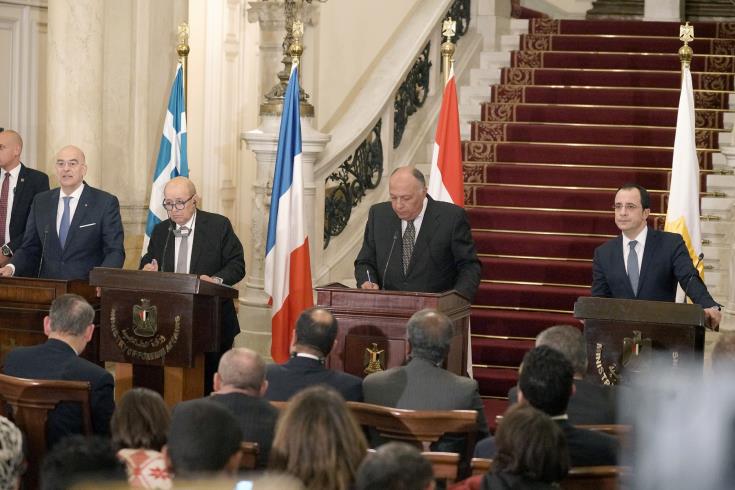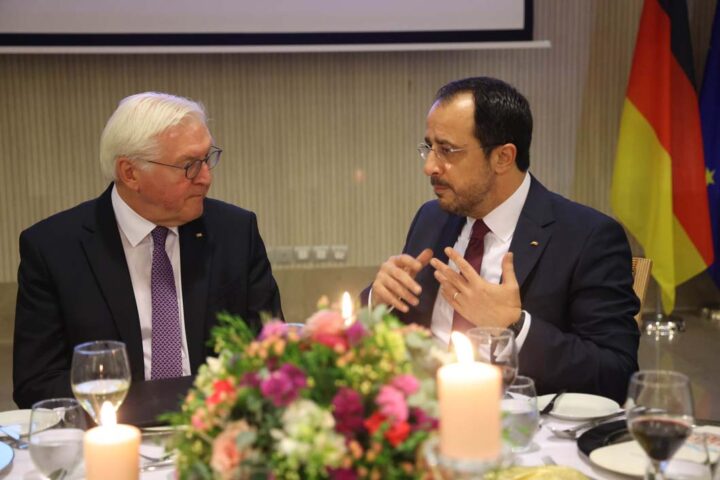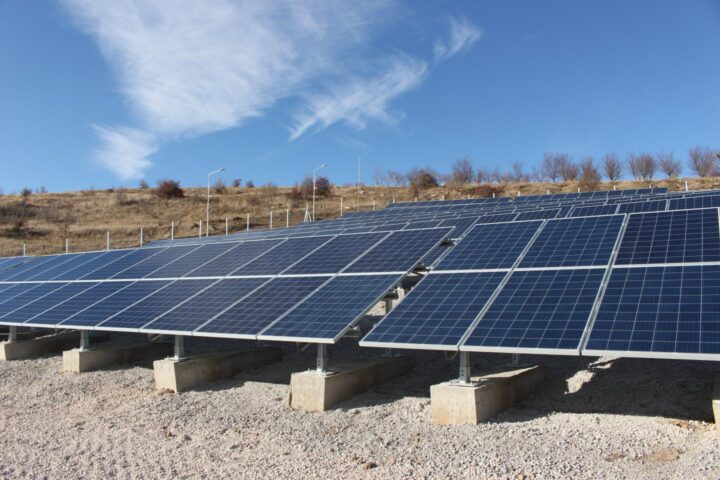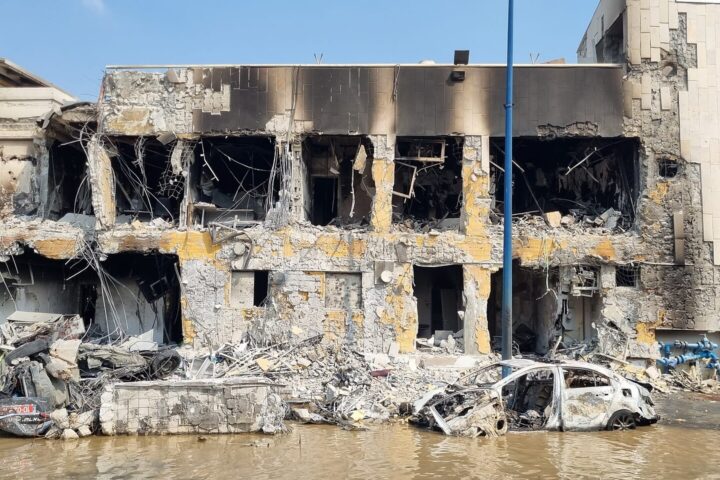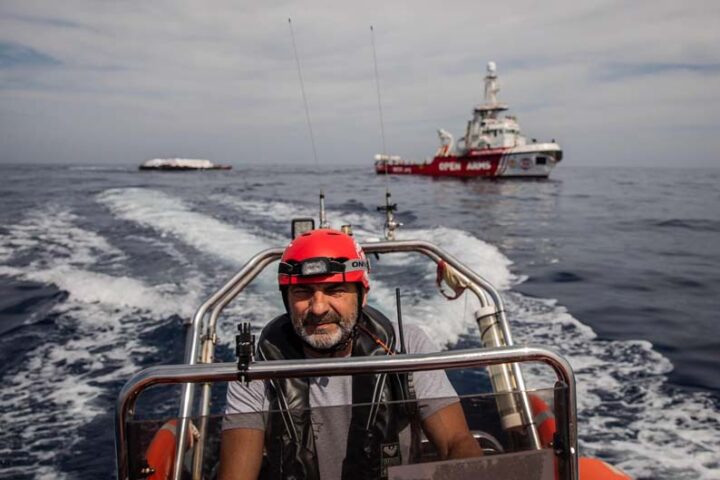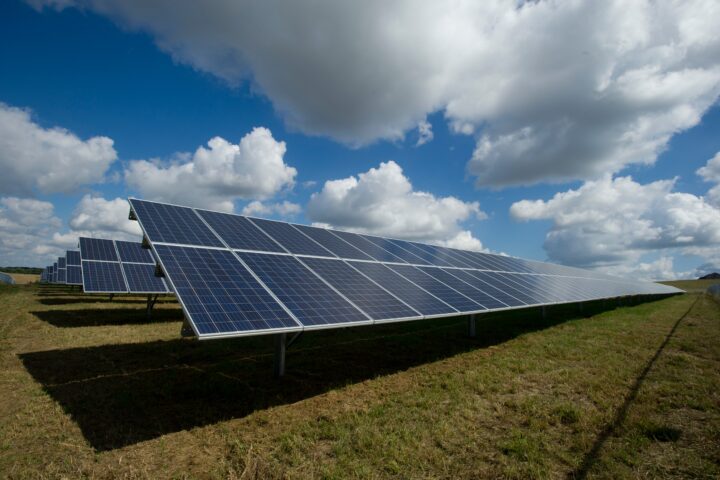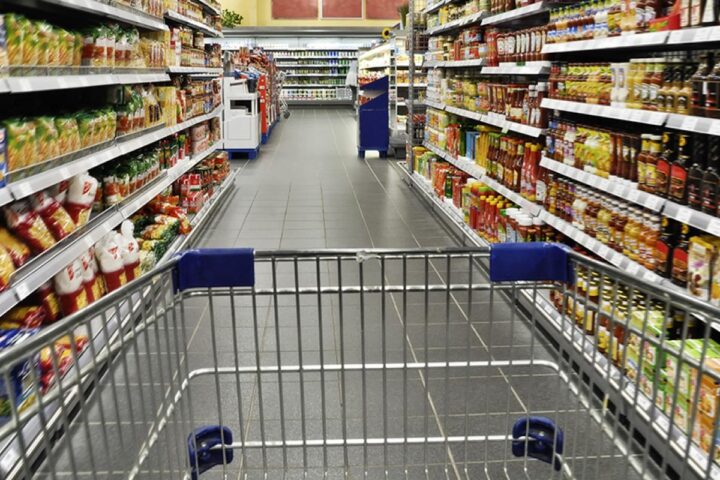When Cyprus becomes president of the East Med Gas Forum in January 2022, it should have a clear policy to secure geostrategic energy and economic needs and meet the 2050 target for ‘zero carbon’ emissions.
The next step would be to widen the scope of the EMGF to cover electricity, the environment, maritime and security.
At the same time, the island remains the only energy-isolated EU member state.
This should have been a national security priority above all other concerns, including interests determined by neighbours to the east, west or north.
Over the next three decades, Cyprus must drastically reduce its reliance on fossil fuel imports and, hopefully, become the example everyone will look up to, instead of frown upon, as is the case with the ‘golden passports’ shambles.
Under the EU’s ‘Green Deal’, only renewables-powered projects will be encouraged and supported by Brussels, even the natural gas deposits within Cyprus waters carrying an expiry date.
The Energy Minister stated this week that the import of natural gas is ‘transitionary’, so we need to look elsewhere to enhance our energy output.
Cyprus has a unique opportunity to leave its mark as a key player in regional energy issues. It does not need to be a major energy producer and exporter to take a leading role.
Nicosia’s diplomacy has, over the years, proven to be wise when establishing warm relations with everyone in this volatile part of the Mediterranean.
Cyprus has gained the trust of many nations and their leaders, but that is as far as it has gone.
Without a naval force to fend off any threats from Turkey, Ankara’s ‘gunboat diplomacy’ will continue in and around our waters.
Its meddling in Greece’s affairs, Egypt and Israel will not stop, as with last year’s attempt to determine its own unilateral maritime economic zone with its allies in Libya and widen its maritime sovereignty, often breaching into Greek territory.
The arc of nations at the receiving end of Turkey’s threats have a unique opportunity to show real solidarity between them and not one of regional partnership and cooperation.
The EU’s foreign policy has failed miserably in contributing towards restoring law, order, and some form of democracy in many Middle Eastern states, as a result of which nations continue to suffer from internal turmoil, pushing millions to seek refuge in Europe.
This provided Ankara with the opportunity to call the shots, and most European states, gullible to ‘economic interest’ in Turkey, continue to remain silent, tolerating the neighbourhood bully.
Energy, and natural gas discoveries between Cyprus, Egypt, Israel and partly Lebanon, has been a gamechanger but never adequately utilised.
If extraction of this fuel is delayed further, it will eventually become economically unviable to exploit, not benefitting any of the nations.
The signing of an MoU in Nicosia earlier this week defined the stakeholders, for the first time, who have an interest in the Israel-Cyprus-Greece electricity cable, known as the EuroAsia Interconnector.
It means, in effect, that all three governments ought to speed up the licensing and permit processes, the only obstacle delaying the full implementation of the link.
This will resolve, once and for all, the energy isolation of Cyprus and Israel, removing the first bull in the china shop.
Cooperation should be nurtured and cultivated into a full-blown alliance that will reinstate the balance of power in South-East Europe and the Middle East to the interest of the EU and even the US.

